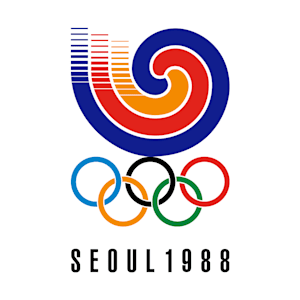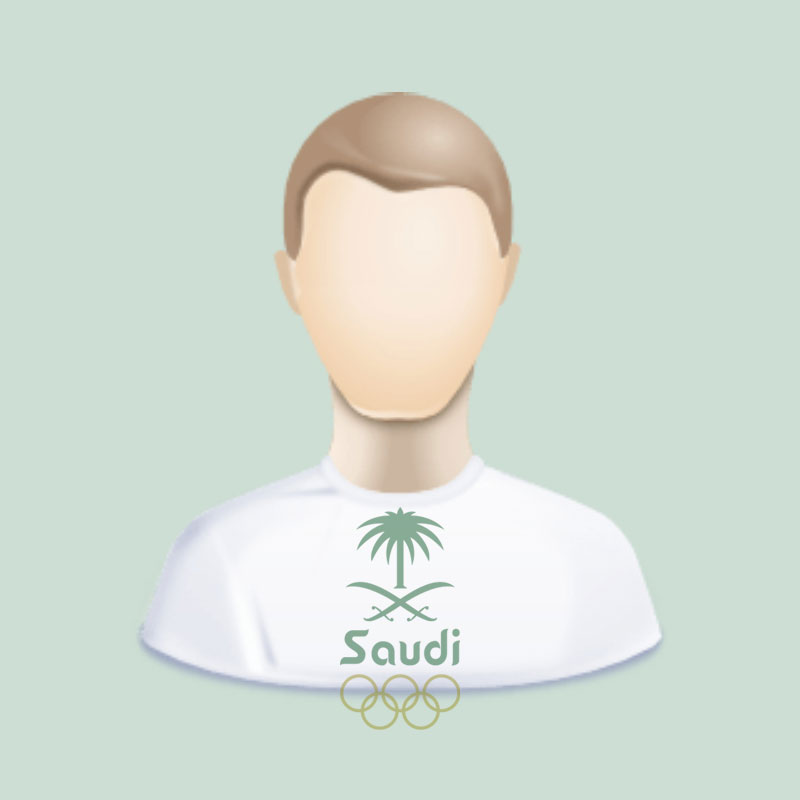
Date
September 17 - October 2
Teams
159
Country
The Republic of Korea
Events
237
Athletes
8397

Embrace democracy
South Korea's hosting of the Summer Games was an impetus for the country to embrace democracy. The Democratic People's Republic of Korea (North Korea) boycotted the Games and was joined by Cuba, Ethiopia and Nicaragua. However, this edition set a record number of 159 participating countries, with 52 winning medals and 31 winning gold.
Speed racing scandal
Canadian Ben Johnson set a world record in the 100 meters, but fell into the doping trap when his steroid tests came back positive. Johnson was the first world-class athlete to be disqualified for doping. As a result, Carl Lewis won the 100 meters gold, successfully defending his 1984 Olympic title.
New beginnings and sports
For the first time, female riders won three medals in the equestrian dressage competition. Swedish fencer Kerstin Palme became the first woman to participate in seven Olympic Games, and table tennis joined the Olympic program for the first time. Tennis also returned to the program after a 64-year hiatus. The event was open to professionals, and Steffi Graf concluded the Grand Slam tennis season by winning the Olympic gold medal.
Historical heroes
German speed skater Christa Luding-Rothenberger won silver in cycling. After winning two medals at the Winter Games, Krista became the only athlete in history to win medals at both the Winter and Summer Games in the same year. Greg Louganis successfully defended his titles in all diving events, and American swimmer Matt Biondi won seven medals, including five gold.
National Olympic Committees: 159
Athletes: 8391
Events: 237
Volunteers: 27221
The media: 11,331 (4,978 print press, 6,353 broadcasters)



